Description
Buy volume 2 and volume 3 together to get 20% off
These twin volumes cover everything you need to know to make the safest and most efficient decisions at the scene of an incident.
Volume 2, Reading Fire, focuses on the information that can be collected upon arrival at an incident. The book takes the reader step-by-step through each critical area of the ‘BE-SAHF’ model of assessment, from building, construction and environmental factors, to understanding and reading smoke, airflow, heat and flames. It explores each of these in depth, alongside detailed discussions of the ‘clues’ that need to be deciphered before making a diagnosis and formulating an effective tactical plan.
Volume 3, Fighting Fire, uses this information to consider the most appropriate tools and techniques at your disposal. It examines the selection of appropriate tactics for the stages of fire development and burning profiles as well as a detailed comparison of techniques, including Tactical Ventilation, Transitional Attack, Water Application and Nozzle Techniques. It also concludes with consideration of the STAR Model of Decision Making and an evaluation of Basic Incident Command Principles.
Audience
These twin volumes are vital resources for all frontline firefighters and incident commanders, focused on improving firefighter safety, efficiency at an incident and supporting professional development.
Details
ISBN: 9781911028734 and 9781911028741
Publisher: Pavilion Publishing
Publication: 26 June 2017
Content: Reading Fire:
Introducing the BE SAHF model
Reading fire step 1: Building and construction
Reading fire step 2: Environmental factors
Reading fire step 3: Smoke factors
Reading fire step 4: Air factors
Reading fire step 5: Heat factors
Reading fire step 6: Flame factors
Be safe, not too late – A visual case study
Fighting Fire:
Tactical thermal imaging camera use
Tactical Ventilation- the basics
TV1 Removal of Products- PPV/PPA
TV2 Removal of Products- HydroVent/Hydraulic Ventilation
TV3- Anti Ventilation: Containment of Products- Smoke Curtains and Door Control
Water Application: Basic Principles & Overview.(PVT, Gas Cooling, Indirect, Direct)
Water Supplies, Tactical Flow Rates
Transitional Attack: “Going Hard from the Yard”
Gas Cooling: The Technique
Nozzle Techniques. (Straight Streaming, Painting, Pencilling, Steam Suppression Combined Attacks)
Ultra High Pressure Systems
Other Media- CAFS, Foam and other agents
Interior Attack- Door Entry, Movement & Advancing- The Position of Optimal Outcome!
Tactical Playbook and The Ignis Diner “Attacktical Menu”
SLICERS- Integration with the United States ISFSI approach
Decision Making and the STAR Model
Basic Incident Command for Successful Tactics
Authors
In these twin volumes, Benjamin Walker has worked with Shan Raffel, firefighter and leader in CFBT.

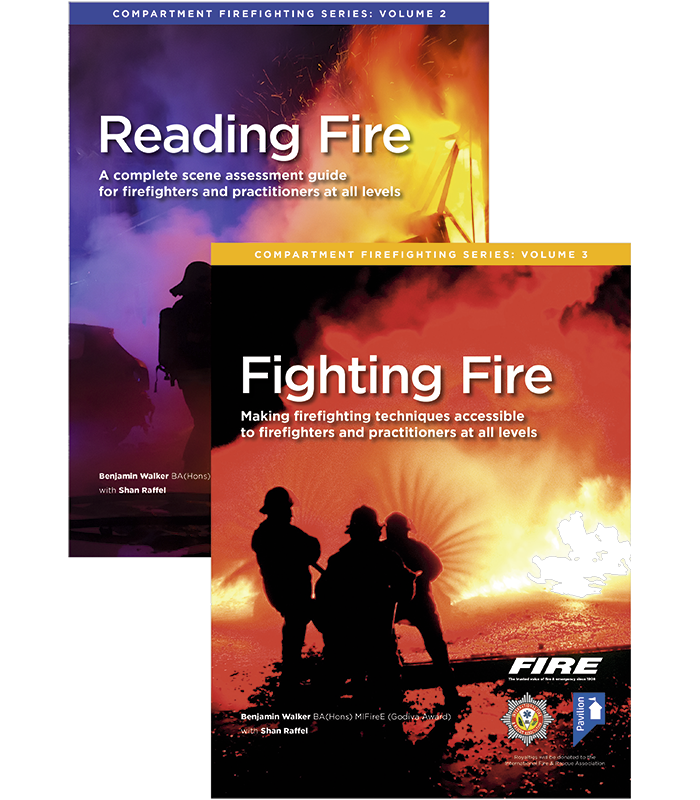
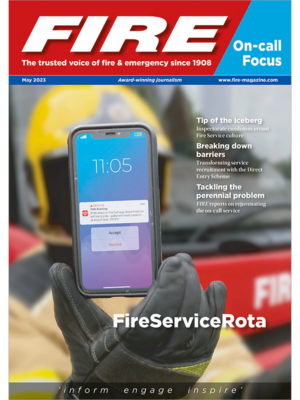
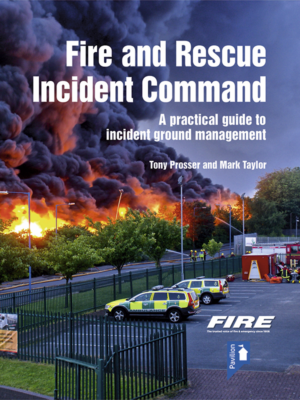
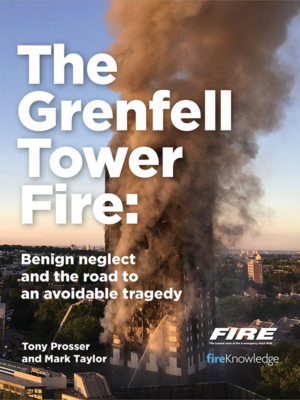
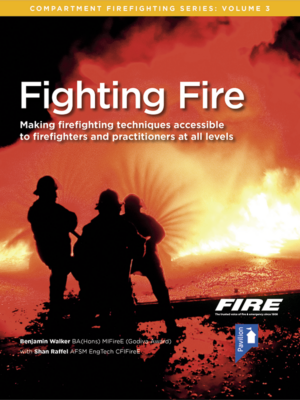
Reviews
There are no reviews yet.